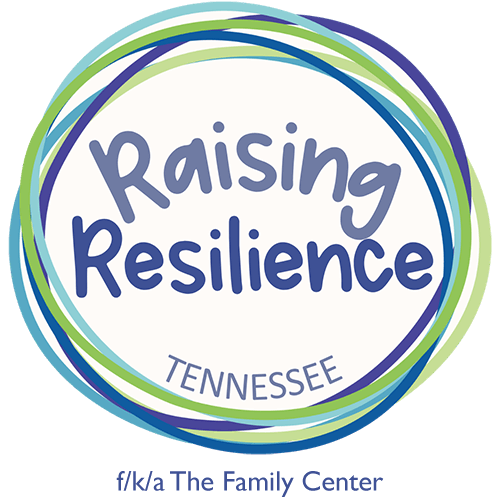helping kids through scary times
Start the conversation…
Sometimes children don’t know how to talk about their feelings or may not want to upset their parents. They may not fully understand what’s happening or the words to describe their thoughts. As adults it’s important to talk with them instead of waiting for them to talk to us.
Ask what they know, then share the facts…
Ask your children what they’ve heard about the current situation and find out how they are feeling. Provide the facts. Use websites like the CDC or TN.gov and news sources that can be trusted.
Reassure them that they are safe…
All children, even teens need to hear they are safe. They need to know the adults in their lives care and are handling things as best they can.

Find “normal” as soon as possible…
Keeping or getting back to routines helps create a sense of safety and trust with children. Bedtimes, bath times, meals, family traditions - even silly ones - help kids feel safe. Even if we have to be in a new place, we can still sing the same songs, nap at the same time, or read the same bedtime stories. It’s also important to be flexible. So change what you have to, keep what you can. If your family needs a looser schedule, plan a time for learning, a time for relaxing, and a time to get bodies moving (jumping and dancing are good in small spaces).
Focus on the good…
Saying “Doctors and scientists are working hard every day to find a cure or to help people not get sick” is helpful, especially with younger children. Show older kids how schools, churches, and other agencies are working together. Look for the good that is happening and help children know that people care and are working hard to help all of us stay safe and healthy.
Be honest…
Often kids have questions we can’t answer, and it’s OK to say “I don’t know.” or “I’m not sure about that but I do know you are safe with me, and our family will be together through this.”
Turn off the news…
Research tells us that when children see or hear news stories their brains work to make them think what is happening will always happen, even if it’s a one-time situation. Don’t watch the news while they are near since it increases their stress and may cause trauma. With older children, watch the news together (again through a reliable site) then talk about what they saw and heard so you can help them understand facts vs. fiction and talk through their feelings.
Be patient… with them and yourself!
During stressful times, none of us are at our best! This includes our children who pick up on our stress. Slow down, listen to them, and give extra hugs. Do the things that help you feel better: eat healthy foods, rest, journal, sing, call a friend, pray or meditate, take a walk, spend time with a pet, or play a simple game with your kids. Take Deep Breaths!! If you feel like you’re losing your patience, go in another room for a “parent time out” and let them know you’ll be out when you are more calm. It models for them how to handle frustration.
One of my favorite quotes about helping children through scary times comes from Mr. Rogers. He said...
“When I was a boy and I would see scary things in the news, my mother would say to me, ‘Look for the helpers. You will always find people who are helping.’ To this day, especially during scary times, I remember my mother’s words and I am always comforted by realizing that there are still so many helpers—so many caring people in this world.”

The actions we take and the way we help our children through scary times will shape their ability to cope today and in the future. We can be “the helpers” for them. We can be their safe place, their steady rock. Even when we’re stressed, this is a gift that we can give our children. Be the love.
Written By: Amy Cooper, MS
Family Coach, The Family Center


